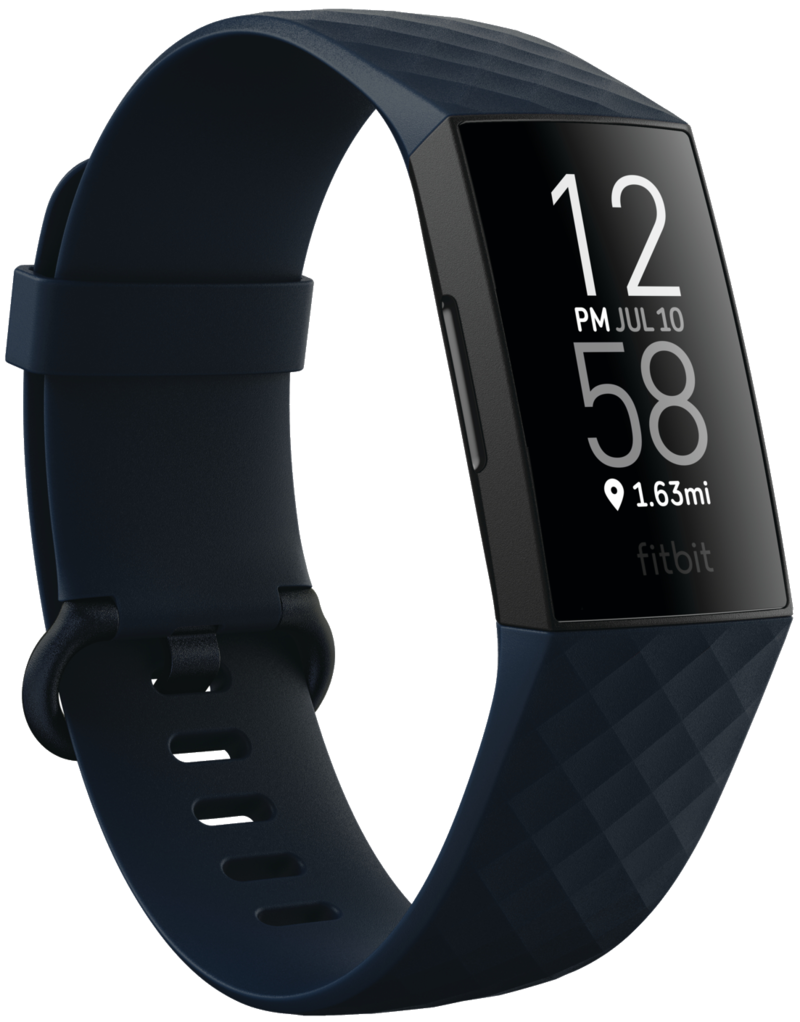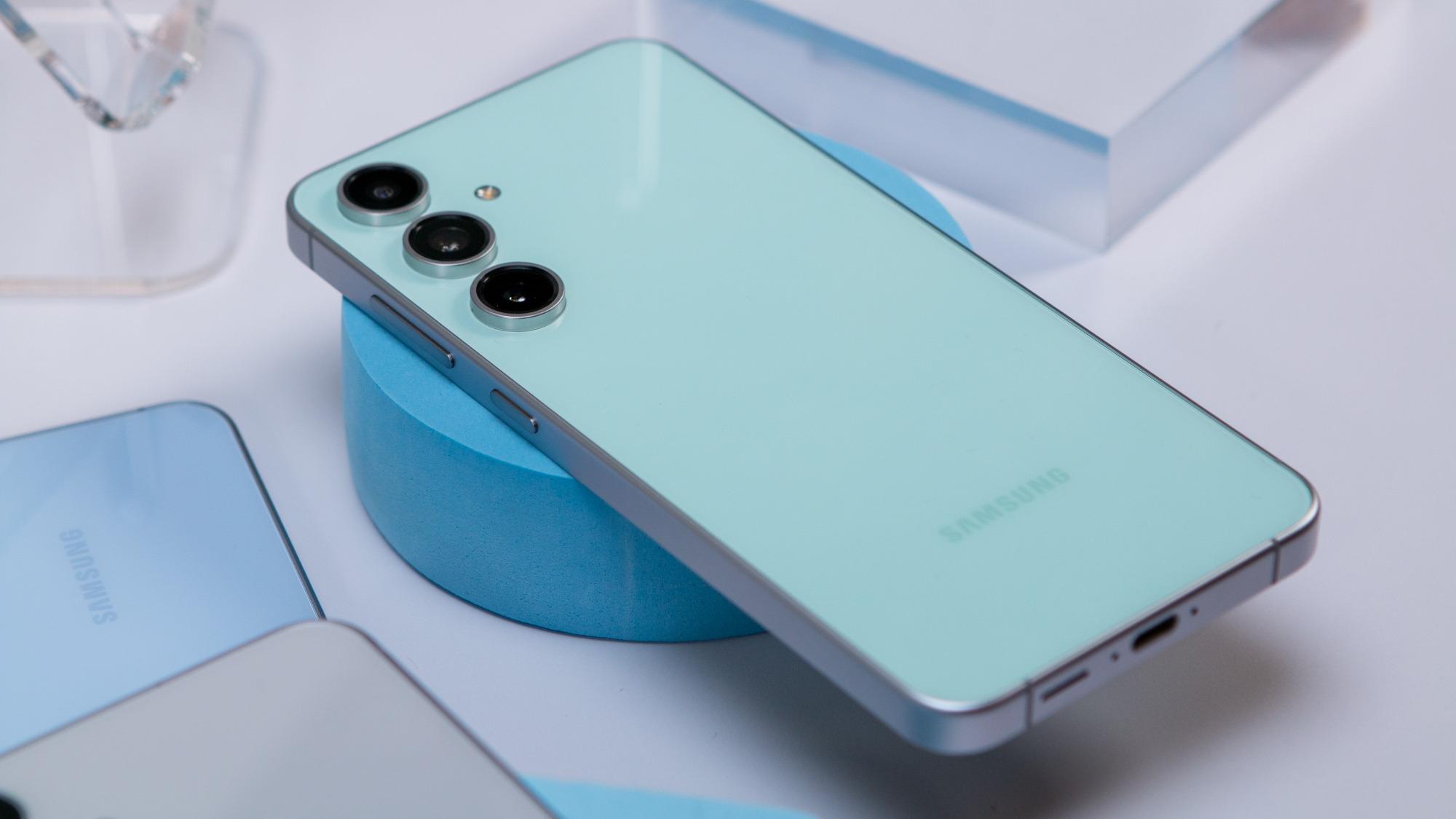Your smartwatch may one day detect illness before you do, here's how
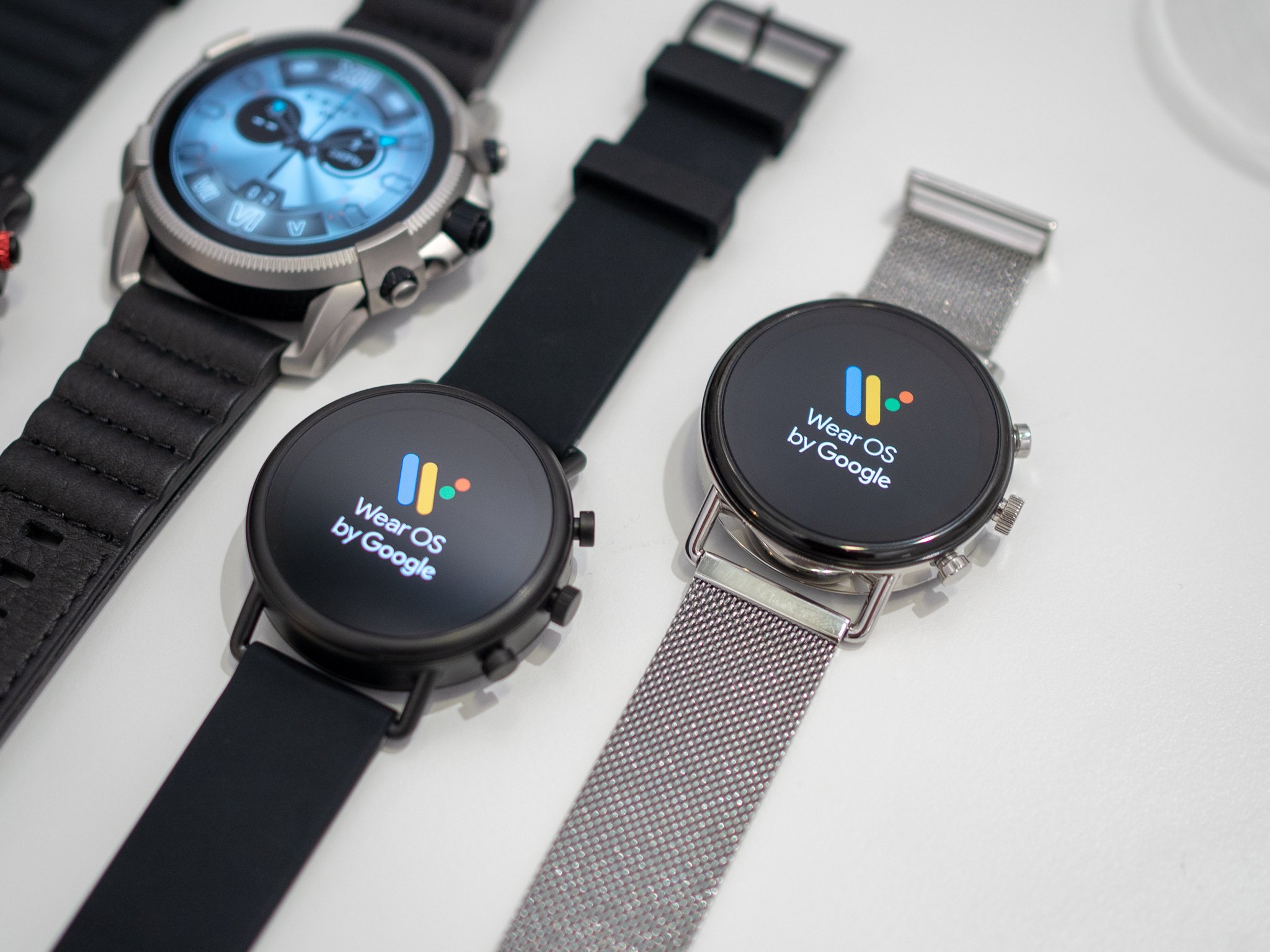
Gizmodo has a really great article about wearables and health that you really should go read. It's extremely detailed and well written and focuses on how wearables might be able to warn a user that they are infected with COVID-19 before any symptoms manifest themselves.
Complete with links to current and past studies from medical researchers, the article speculates that the sensors in a smartwatch or health tracker like a Fitbit can provide the right feedback to detect the early onset of COVID-19 so you know that you really should get tested.
There is a pretty major stumbling block, though, and it's about the timing. While this sort of health tracking might not happen in time to combat COVID-19, it looks promising, and chances are that one day you'll know before you get the flu or any other infection or develop a chronic illness like Type-2 diabetes.
How it works
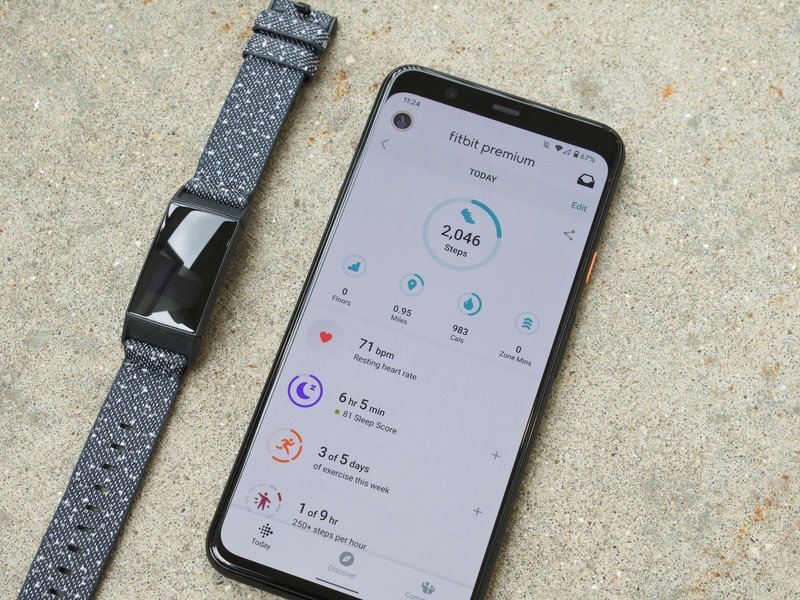
If you have a device that can detect your heart rate, you have what's needed for this hypothetical health tool to work.
Imagine if an app was able to monitor your heart rate and blood oxygen (both use the same type of optical scanner to work) and warn you when it gets data that allows it to predict that you're about to get sick.
More: Best Smartwatches That Can Measure Blood Oxygen Saturation Levels
Researchers have noticed a marked but subtle change in a blood chemical that is a great predictor of viral or bacterial infections like the flu or strep throat, or COVID-19. It turns out that a change in your blood oxygen count or heart rate while at rest is a predictor of this harder-to-detect chemical change.
Be an expert in 5 minutes
Get the latest news from Android Central, your trusted companion in the world of Android
And the readings don't even have to be correct because consistency is what really matters. A fitness tracker or smartwatch that reports both movement and heart rate gives enough data for an app to build a baseline of what your usual resting heart rate is. Or at least what your wearable says it is. The same is done for blood oxygen.
Consistency would be more important than accuracy.
If an app sees an upward trend in one of both, it can start monitoring sensors while moving, too, which would notice if you get short-winded or your heart starts racing. If this trend continues, there's a good chance you're either feeling sick or about to.
This isn't dependant on any sort of centralized service where users can be monitored, either. While a central database does make a lot of sense for some applications in conjunction with a physician, an app that tells you you might be sick and should go see the doctor could live 100% on your watch or your phone.
We're not there yet
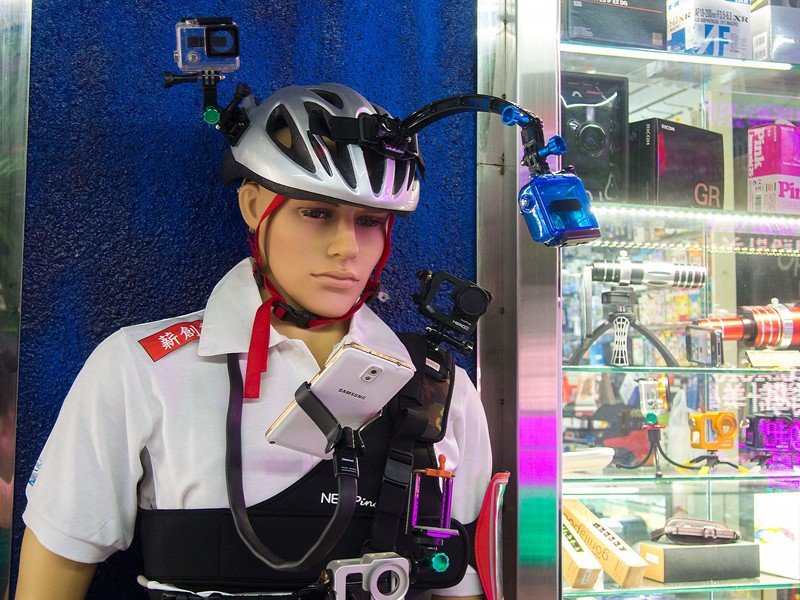
Speaking with Gizmodo, researchers admit that nobody is sure that this is going to work the way they think it will. The data is there, though, and where there is trending data in a great enough amount, those fabulous men and women of science can do something awesome with it. The awesomeness, in this case, is to let you know you're sick before you start feeling bad.
Government red tape will probably keep this research from having any impact on the current pandemic. But hopefully, not the next.
The good news is that the data is 100% device agnostic. The ongoing studies have users with Fitbits, Apple Watches, even fertility trackers are represented. The important thing is that the device can communicate with a smartphone and can monitor heart rate, which is just about every wearable you can buy right now.
Studies, then clinical trials, then approval and all the rest of the red tape involved mean this probably won't make much of a dent in the fight against COVID-19. But the idea seems sound and the execution seems feasible. ANd there are a lot of very smart people looking at it all right now.

Jerry is an amateur woodworker and struggling shade tree mechanic. There's nothing he can't take apart, but many things he can't reassemble. You'll find him writing and speaking his loud opinion on Android Central and occasionally on Threads.
